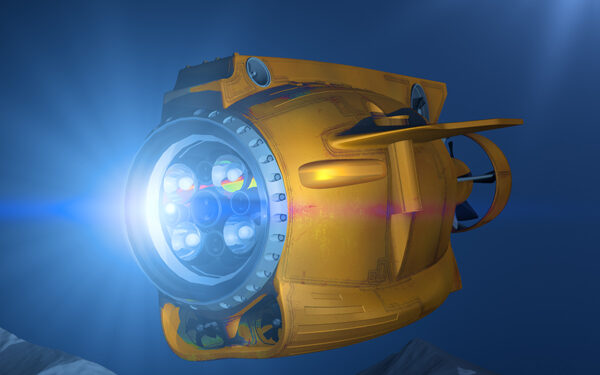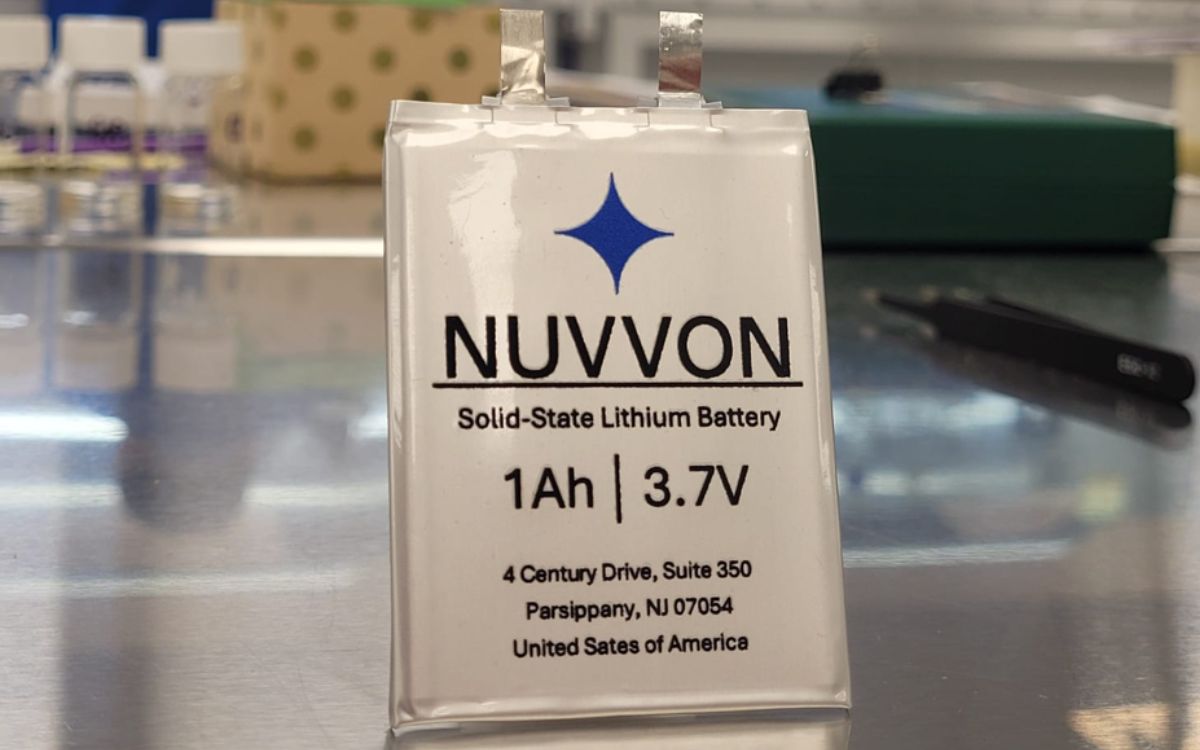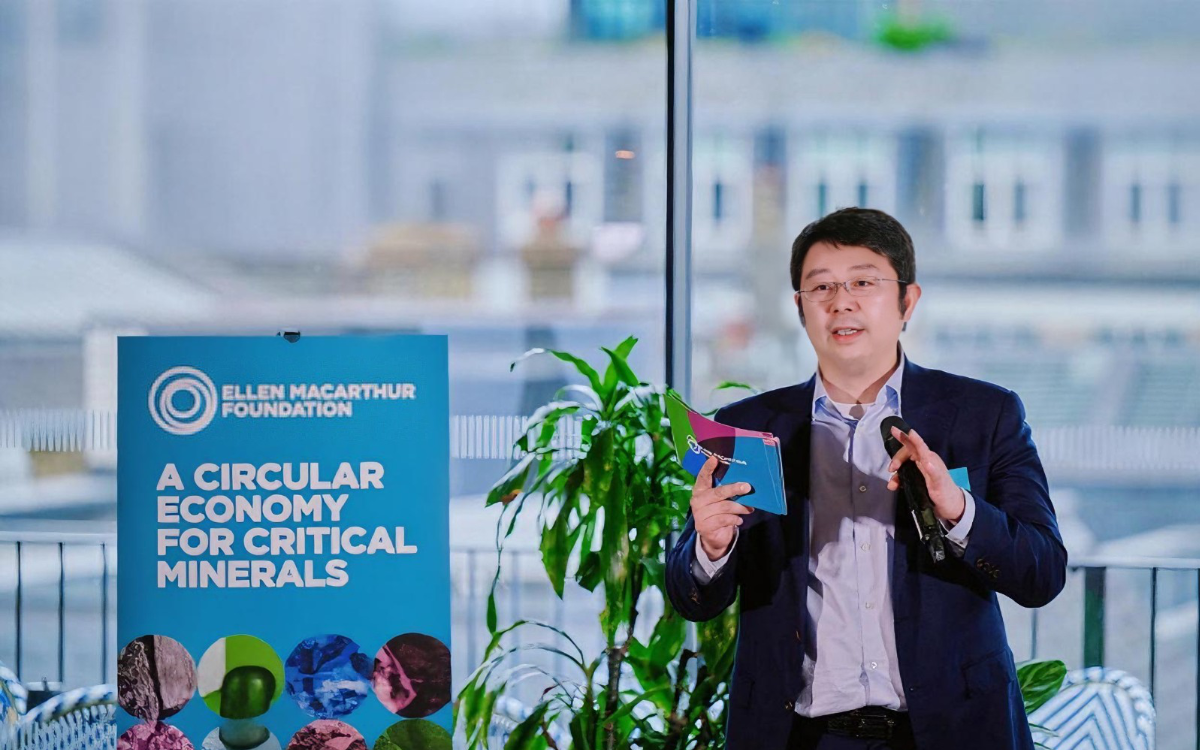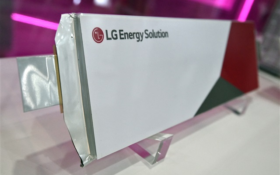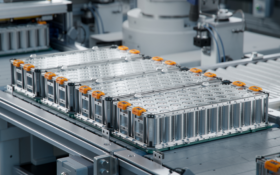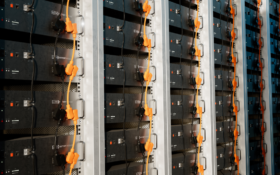A consortium of UK companies is ready to move to the development phase of a 24-month project to make a ‘deep-dive’ pressure-tolerant lithium-sulfur batteries.
The MAS (Marine Autonomous Systems) Consortium is a group of UK companies and academic partners led by Steatite and funded by Innovate UK and the Defence Science and Technology Laboratory.
Various lithium chemistries were tested, with lithium-sulfur cells from British firm and consortium member Oxis chosen because the chemistry offered the best energy density available for a rechargeable, said a Mas spokesman.
A Steatite spokesman told BBB: “Lithium-sulfur is safer than traditional lithium-ion and has a higher energy density. It is especially attractive for subsea applications because of its inherent low density.
“Lithium-ion batteries in a subsurface vehicle need some compensation to recover the net buoyancy of the vehicle. This is often achieved by adding bulky syntactic foam. This is not required for a lithium-sulfur battery meaning that the effective energy density (as measured by volume) is even higher.
“The development project is using industry-leading lithium-polymer cells to ensure a consistent comparison and provide a meaningful benchmark.”
Bulk testing and cell development has so far centered on how to make the battery work at 600 atmospheres, the pressure expected while at its 6,000m limit.
And with the water temperature in the deep ocean around 4˚C the battery system is also designed to withstand temperatures from 0- 4˚C.
The latest lithium-sulfur cells have a drop of less than 5% available capacity at these conditions, compared with ambient. This is similar to the lithium polymer reference, said the spokesman.
The first phase of the project was completed at the National Oceanography Centre (NOC) in Southampton, UK, and involved repeatedly testing lithium-sulfur cells at pressures and temperatures equivalent to undersea depths of 6,000m.
Once completed the battery will increase endurance and speed of ‘deep-dive’ autonomous underwater vehicles (AUVs).
As the project moves forward, Steatite will continue to develop its pressure-tolerant multi-chemistry Battery Management System, which will be demonstrated in a deep-dive submarine in mid 2017.
The consortium hopes the completed lithium-sulfur cell will surpass lithium-ion for applications across the marine and maritime industry, including subsea structures, ROVs, profilers, buoys and submersible systems.
The Steatite spokesman added: “Developing the cell technology and the battery management systems to operate successfully at these pressure and temperatures has proved very challenging. The current successes are due to innovative optimisation of the electrolyte composition, and the cathode/anode layups. The details are, as you might expect, commercially confidential pending patent awards.”
The project is due for completion in October 2017, with a fully operational pack set to be produced and tested prior to this. Deliveries to early adopters are expected in 2018.

